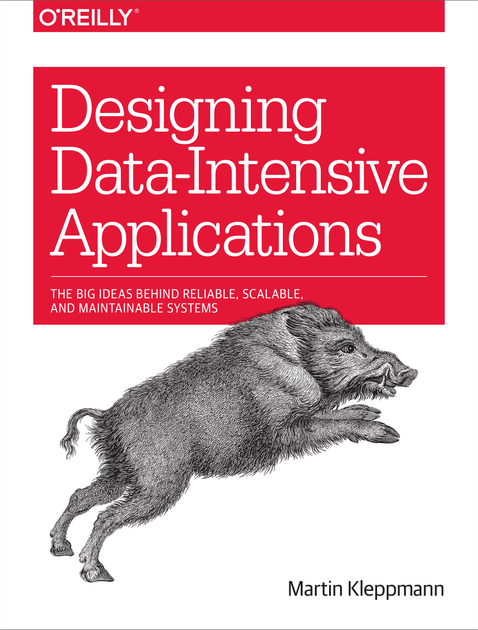I know there’s a lot of reviews out there. And hopefully you already have these books if you work or intend to work in the software industry. In addition to any language specific books, I believe you should have and read these.


Designing Data-Intensive Applications by Martin Kleppmann
A comprehensive book on actually using distributed systems. You’ll want to know what the effects are from your design choices. And this book goes into databases based on the experiences of someone that’s done this work before you. I read this after prototyping a system, and I think the content here is worth about six months of full time work and research. Plus he has citations if you want to go more in depth.
Refactoring by Martin Fowler
Software can change over time and you can change your mind about design choices as the solution changes. Functional or Object-Oriented or IOC or visitor pattern, this walks through practical mechanical steps to show how easy it is to make changes that simplify programs for readability and maintenance. And shows how to go back the other way, too, because maybe that way is better.
You’ll see your programs with many more opportunities to express your designs, and it’ll help you choose for better code.
And I’ll conclude with a short list of books you’ll have to one day see if you study software, but are much less practical. The Art of Computer Programming volumes 1 – 4b, the “CLRS” algorithms book, the compilers “Dragon book.” You’ll have to have them, I guess.
